To provide the best experiences, we use technologies like cookies to store and/or access device information. Consenting to these technologies will allow us to process data such as browsing behaviour or unique IDs on this site. Not consenting or withdrawing consent, may adversely affect certain features and functions.
The technical storage or access is strictly necessary for the legitimate purpose of enabling the use of a specific service explicitly requested by the subscriber or user, or for the sole purpose of carrying out the transmission of a communication over an electronic communications network.
The technical storage or access is necessary for the legitimate purpose of storing preferences that are not requested by the subscriber or user.
The technical storage or access that is used exclusively for statistical purposes.
The technical storage or access that is used exclusively for anonymous statistical purposes. Without a subpoena, voluntary compliance on the part of your Internet Service Provider, or additional records from a third party, information stored or retrieved for this purpose alone cannot usually be used to identify you.
The technical storage or access is required to create user profiles to send advertising, or to track the user on a website or across several websites for similar marketing purposes.
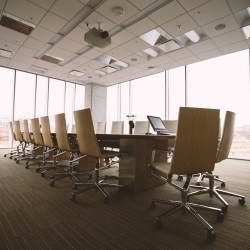 Expenses app, ExpenseOnDemand, has published new data which claims to highlight how businesses in different sectors are planning office returns in 2021. The majority of businesses across many sectors have stated offices will reopen this year at some point. (more…)
Expenses app, ExpenseOnDemand, has published new data which claims to highlight how businesses in different sectors are planning office returns in 2021. The majority of businesses across many sectors have stated offices will reopen this year at some point. (more…)






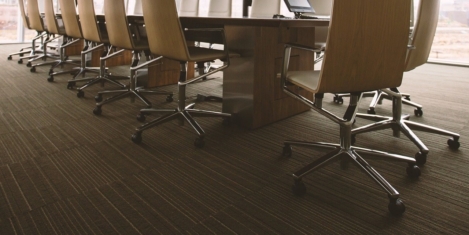
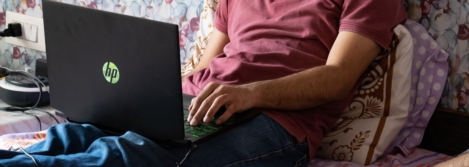
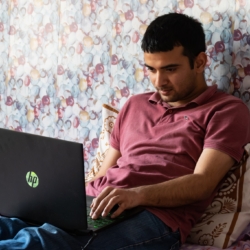 In April 2020, 47 percent of UK employees worked from home and for many, they still haven’t returned to the office. The events of 2020 have been unprecedented, as rules and advice from the government have changed at rapid rates in response to the Coronavirus Pandemic. But one thing that remained relatively consistent is the encouragement for those who can, to work from home.
In April 2020, 47 percent of UK employees worked from home and for many, they still haven’t returned to the office. The events of 2020 have been unprecedented, as rules and advice from the government have changed at rapid rates in response to the Coronavirus Pandemic. But one thing that remained relatively consistent is the encouragement for those who can, to work from home. 
 Companies are searching for ways to reinvent the office and give employees reasons to return to their workplace and a new report by
Companies are searching for ways to reinvent the office and give employees reasons to return to their workplace and a new report by 
 The past year will go down in history as one of dramatic change. One of the most notable upheavals was the almost overnight transition to full-time remote working for millions of ‘non-essential’ employees. With England now in its third national lockdown, many of us will likely not be going back to our offices until April 2021, over a year since we left them. Even when people are able to return to our old workplaces, just 12 percent of employees want to do so full-time, according to
The past year will go down in history as one of dramatic change. One of the most notable upheavals was the almost overnight transition to full-time remote working for millions of ‘non-essential’ employees. With England now in its third national lockdown, many of us will likely not be going back to our offices until April 2021, over a year since we left them. Even when people are able to return to our old workplaces, just 12 percent of employees want to do so full-time, according to 
 Almost three-quarters (72 percent) of business leaders and 90 percent of CEOs across Europe see organisational agility as critical in driving business performance and growth, yet many are overestimating their capabilities, according to new research from
Almost three-quarters (72 percent) of business leaders and 90 percent of CEOs across Europe see organisational agility as critical in driving business performance and growth, yet many are overestimating their capabilities, according to new research from 
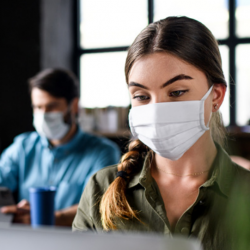 Improving air quality in the fight against COVID-19 could give businesses the edge over their competitors and attract more customers, according to a top UK university scientist. Writing in a new report for facilities services provider
Improving air quality in the fight against COVID-19 could give businesses the edge over their competitors and attract more customers, according to a top UK university scientist. Writing in a new report for facilities services provider 
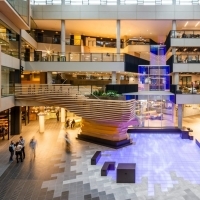 The COVID-19 pandemic left businesses in an unprecedented position of having to rapidly adapt workplace practices and implement new processes at a moment’s notice. Of course, those companies that were already accustomed to home office set-ups and flexible hours were in a much better place to adapt to these changing circumstances. However, not all businesses were prepared for the sudden change to work routines.
The COVID-19 pandemic left businesses in an unprecedented position of having to rapidly adapt workplace practices and implement new processes at a moment’s notice. Of course, those companies that were already accustomed to home office set-ups and flexible hours were in a much better place to adapt to these changing circumstances. However, not all businesses were prepared for the sudden change to work routines. 
 Mace has announced that it has achieved its ambition to be a net zero carbon business in 2020. Following the statement in January 2020 that the company had committed to the ambitious target, the executive board has confirmed that after driving down its carbon emissions as far as possible across its developments and operations it has offset the remaining emissions.
Mace has announced that it has achieved its ambition to be a net zero carbon business in 2020. Following the statement in January 2020 that the company had committed to the ambitious target, the executive board has confirmed that after driving down its carbon emissions as far as possible across its developments and operations it has offset the remaining emissions. 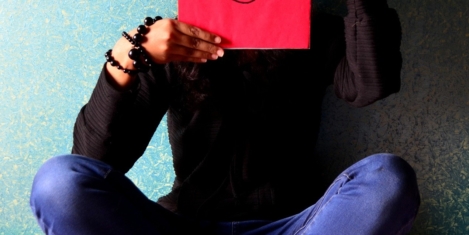

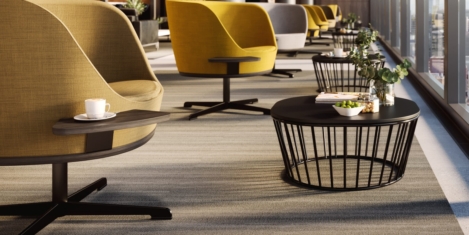
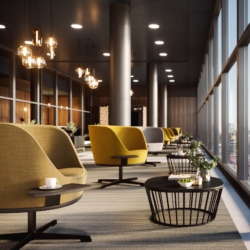
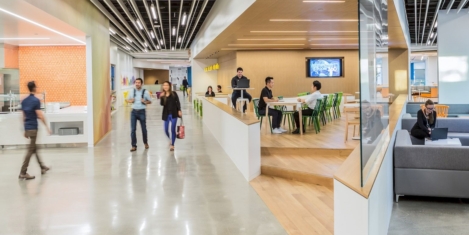
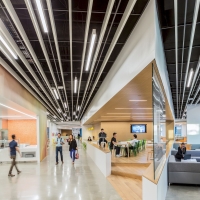 Workspace Show is an exciting addition to the global design events calendar, launching on 21 January this year, with the inaugural edition taking place from 4-5 November 2021 at London’s Business Design Centre, at the heart of the UK’s commercial interiors community. With a theme of ‘re-designing tomorrow’s commercial interiors together’ the show aims to unite architects, designers, developers, contractors, facilities managers, procurement managers and more in one place to explore and share the latest industry thinking from product launches to a comprehensive talks program to networking opportunities aplenty.
Workspace Show is an exciting addition to the global design events calendar, launching on 21 January this year, with the inaugural edition taking place from 4-5 November 2021 at London’s Business Design Centre, at the heart of the UK’s commercial interiors community. With a theme of ‘re-designing tomorrow’s commercial interiors together’ the show aims to unite architects, designers, developers, contractors, facilities managers, procurement managers and more in one place to explore and share the latest industry thinking from product launches to a comprehensive talks program to networking opportunities aplenty. 








January 22, 2021
Working parents present new and important challenges for employers
by Katie Davenport • Comment, Flexible working, Legal news